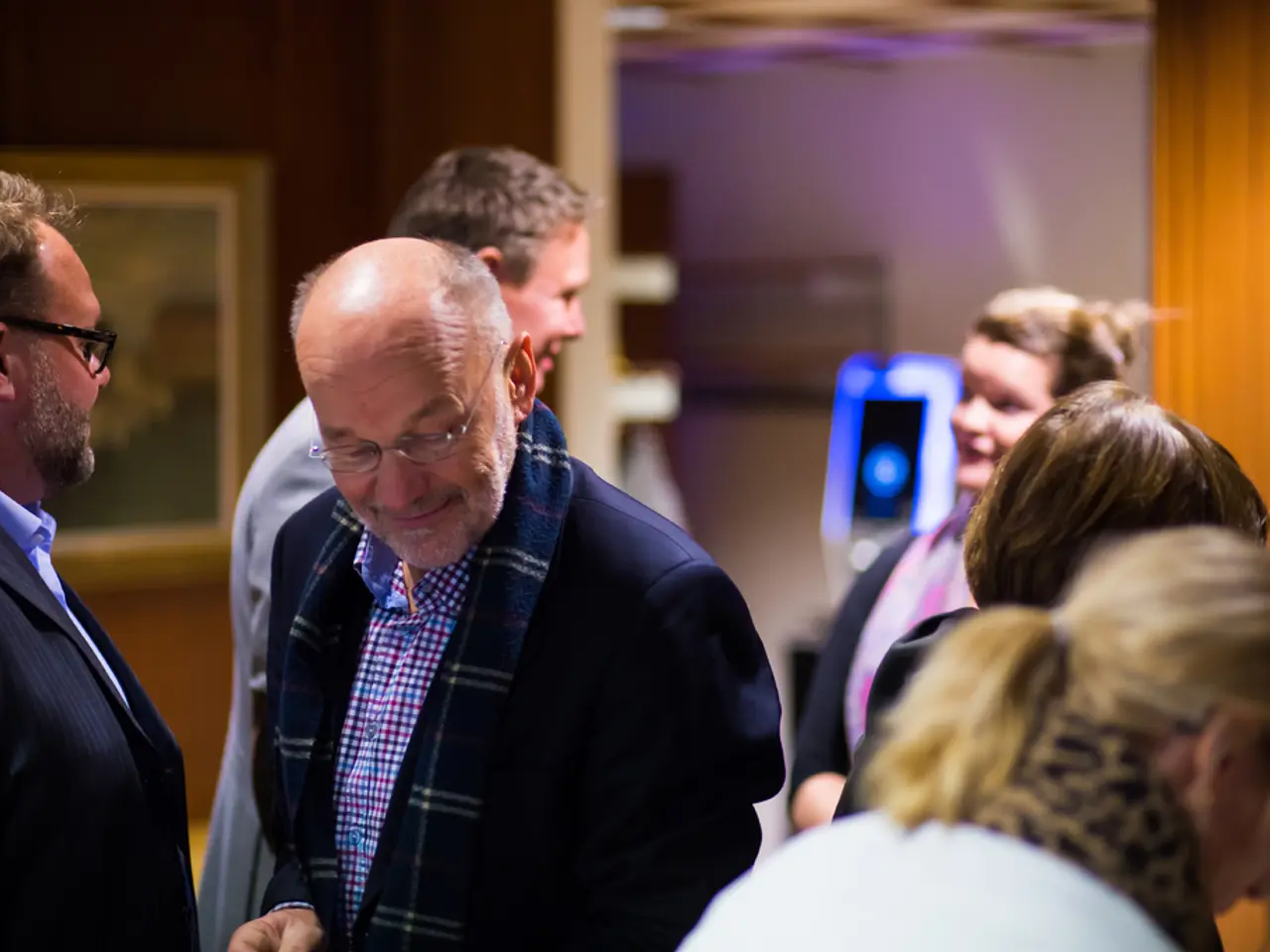In a decade since the famous "We can do it" slogan, Hamid accomplished a similar feat in the region of Westerwald.
In the heart of Wirges, Germany, a 34-year-old refugee named Hamid Nuri has made a remarkable journey from a hairdresser and carpenter in Afghanistan to a successful optician.
Hamid, along with his family, fled Afghanistan ten years ago due to a sense of unease in their homeland. They embarked on the perilous journey across the Balkan route and eventually found an apartment in the Westerwald.
Upon settling in, Hamid decided to start anew. He underwent a traineeship at an optician's in Wirges, a decision that would change his life. Despite the challenges, including commuting daily by bus and on foot to vocational school without a driver's license and struggling with the technical terms due to his limited German, Hamid persevered. His determination was unwavering, echoing his life motto, "Where there's a will, there's a way."
Hamid completed his training with a grade of 2.2 and is now professionally successful and integrated into society. His boss, Andreas Schmidt, praises him highly for being an asset to the company and the society in Wirges.
Meanwhile, in 2015, a refugee reception facility was set up at Stegskopf near Daaden in the Westerwald, supported by around 400 volunteers. The organization "Bürgertreff Daaden" played a significant role in this, operating a bicycle workshop to provide mobility to refugees and prevent isolation. One of the individuals who contributed to this initiative was Achim Kaempflein, a bicycle dealer who set up a bike workshop at Stegskopf where refugees could repair and borrow bikes.
However, the Stegskopf facility, which also offered children's programs, a fitness studio, and many other services, was closed after nearly two years of operation.
Despite the closure, Hamid continues to volunteer to help other refugees with bureaucratic tasks and participates in activities such as football and weightlifting. His success story serves as an inspiration to many, reflecting his statement, "I told myself: You've been given a chance in Germany - use it!"
Ten years after Angela Merkel's statement "We can do this," Kaempflein draws a mixed conclusion, highlighting greater divisions between supporters and opponents of refugee policy. Yet, he acknowledges the societal solidarity during the time of the facility, but also points out the language barriers and bureaucratic hurdles that hindered the integration of many refugees.
Hamid Nuri is a testament to the potential for success when opportunities are seized and support is offered. His journey from Afghanistan to Germany, and from a hairdresser to an optician, is a shining example of resilience and determination.
Read also:
- Peptide YY (PYY): Exploring its Role in Appetite Suppression, Intestinal Health, and Cognitive Links
- Toddler Health: Rotavirus Signs, Origins, and Potential Complications
- Digestive issues and heart discomfort: Root causes and associated health conditions
- House Infernos: Deadly Hazards Surpassing the Flames




